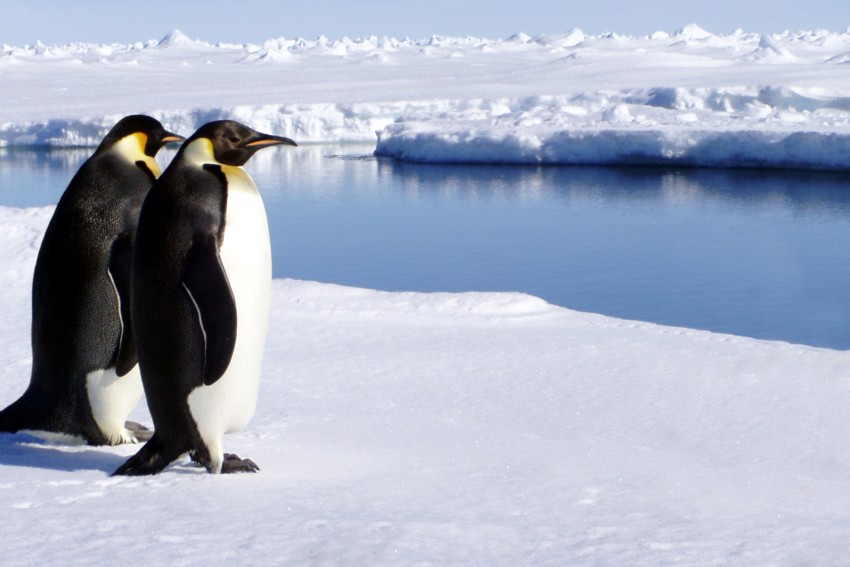A thought for Antarctica

How often do you think of Antarctica? My guess is, probably not very often. If you think of it at all, I would bet you conjure up romantic and cruel visions of the exploits of Mawson, Shackleton and Scott or vast, icy landscapes. I would be very surprised if you thought about our national and international responsibilities as claimant to almost one fifth of that frozen continent. But perhaps now it’s time to do that.